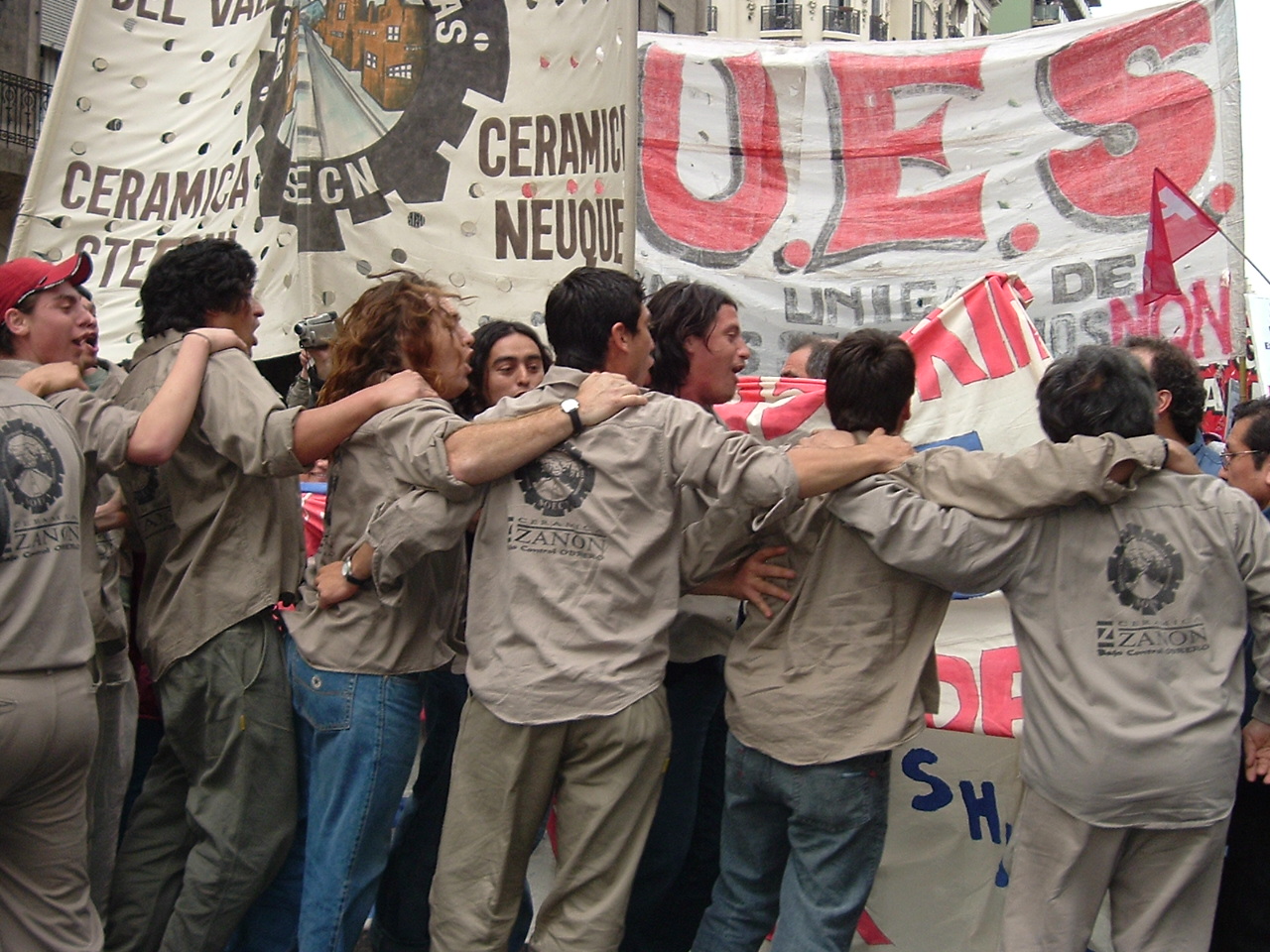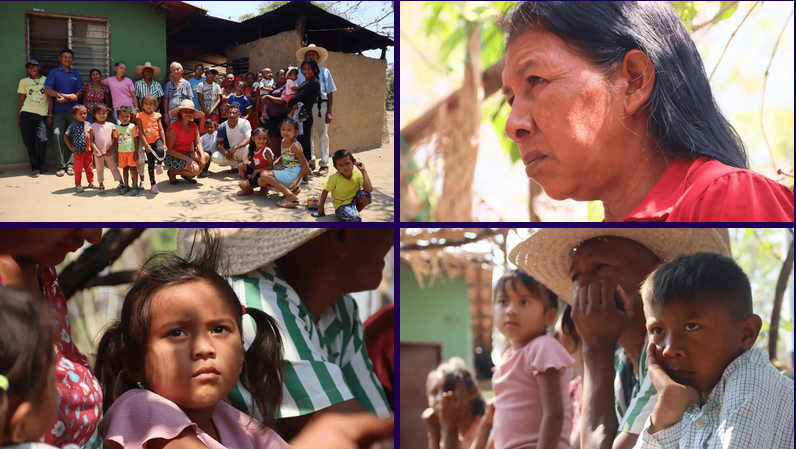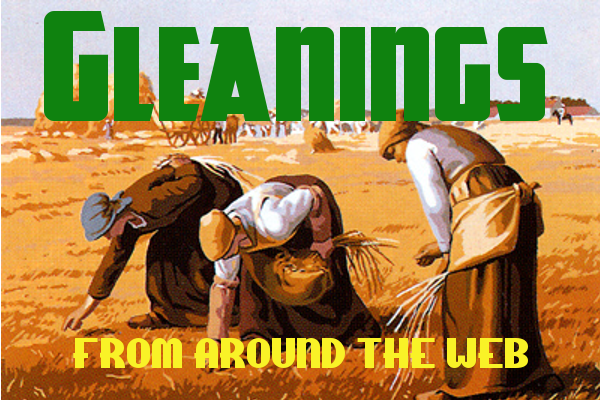This week,we take a trip south of the border for two articles from Latin America. First up, a look at Argentina's "recuperated enterprises" - businesses that have been taken over by the workers and converted to cooperatives - and the view that society at large takes towards these co-ops. The authors find that while worker-recovered businesses represent a radical break from capitalist economic orthodoxy, they nonetheless enjoy broad support among the populace, largely due the circumstances surrounding their creation and the embeddedness of the co-op workers in their communities.
Then, members of the Pumé community tell the story of their commune and how it grew out of their indigenous practices and values. They discuss their community's organization and economics, and share how the US blockade of Venezuela has effected their lives and community.
The Social Legitimacy of Recuperated Enterprises in Argentina
by Julián Rebón, Denise Kasparian, & Candela Hernández
Once the economic, social, and political crisis was reversed, there was a general conviction among certain analysts that the experiences of recuperated enterprises would be condemned to oblivion in the face of a growing economy. However, the installation of enterprise recuperation in workers’ culture constituted one of the central elements that allowed the process to continue expanding (Rebo´n and Salgado 2010). As can be seen in Figure 1, although the number of new recoveries peaked in 2002, these processes have remained at significant levels despite the country’s economic and political recovery.
The Commune, a Living Tradition for Pumé People in Venezuela
by Chris Gilbert & Cira Pascual Marquina
The men and women living in the Coporo Indígena community formerly lived in San José de Capanaparo, near the Colombian border. However, in 1980, the family of cacique Mario García settled in the territory of what is now known as Coporo Indígena. Little by little they built houses, wells, and cleared 30 acres of land for growing corn, beans, topocho [small plantain], and planted a diverse medicinal garden.
Solidarity Economics: Taking It to the Bank to Build Community Wealth
Bioneers — In this episode on community wealth building, we look at how communities are working to transform their local economies by harnessing the assets that exist in their place. It’s the Kryptonite to the corporate model that extracts wealth from communities. Instead, they’re anchoring capital and resources locally to directly invest in that place and its people – from land to money and finance...
Growth of Cooperatives in India
Coop Talks (YouTube) — In this insightful episode of Coop Talk, we delve into the "Growth of Cooperatives in India" with two distinguished guests—Sanjay Verma, Director of NCUI, and Professor Govindaraj Veerakumaran. Our experts share their profound knowledge on the historical evolution, current status, and future prospects of the cooperative movement in India. They discuss key challenges, success stories, and the pivotal role cooperatives play in empowering communities and fostering economic development across the nation...
Harvest Season, Full Tilt
Dancing Rabbit Ecovillage — Eating communally has a long history at DR, and it remains a strongly held belief that kitchen co-ops are an important aspect of integrating new people into village life and fulfilling an ongoing social need for connection between village members...
Help Us Build Ghana’s First Worker-Owned Delivery Platform
Platform Cooperativism Consortium — Imagine working tirelessly, day in and day out, only to see your earnings diminish while the company you work for thrives. This is the harsh reality for many gig workers in Ghana, who are struggling under the weight of exploitation by Bolt Food, the dominant delivery company. But the BF Couriers Association is fighting back...We’ve partnered with CoopCycle, a platform cooperative, to customize an app that meets the unique needs of Ghanaian couriers. But we need your help to get there. To fast-track the development of a User Interface that truly serves us, we need to hire a programmer. This will allow us to launch by the end of the year.
New on our YouTube Channel
Building Trust in Community Health Alternatives
Like what you find on GEO?
Make a Donation Today!
Your tax-deductible contribution ensures that GEO can continue to provide independent grassroots content about the cooperative and solidarity economy movements.
Got something to say?
Let us know. Send your comments, suggestions, rants and article submissions to editors@geo.coop.
Follow us on Social Media
Mastodon: social.coop/@GEO_Collective
FB: facebook.com/GrassrootsEconomicOrganizing/
Twitter: twitter.com/@GEO_Collective
Our mailing address is:
Grassroots Economic Organizing
P.O. Box 115
Riverdale MD 20738-0115




